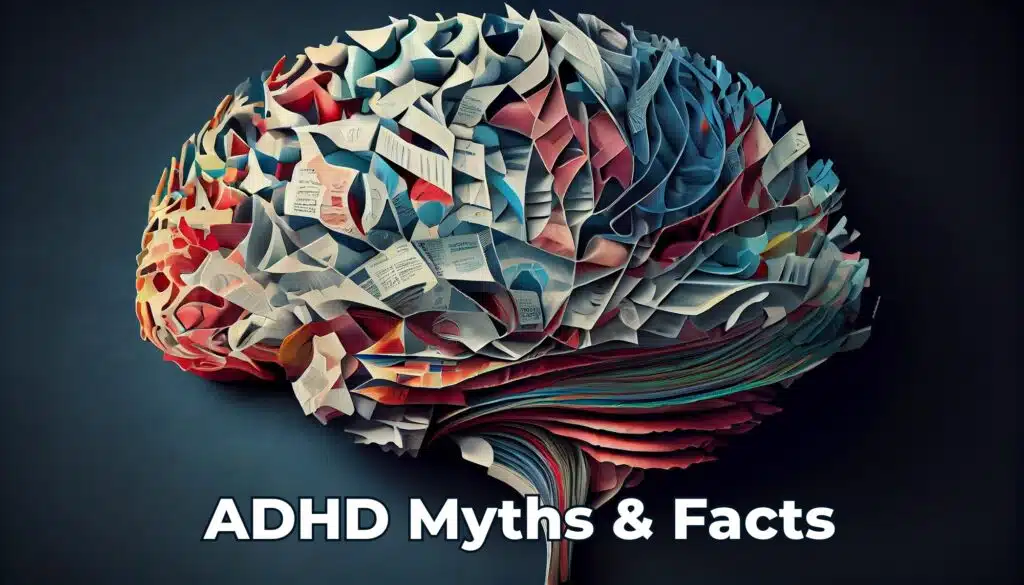Anxiety and worry are normal emotions that we all experience from time to time. For example, it’s normal to feel anxious when put in a scary or potentially dangerous situation. At different times in our life we may experience greater amounts of worry or anxiety, such as when we have our first job interview or undergo a medical or dental procedure.
Feeling worried and anxious is often feel unpleasant, however, if we were to do away with worry and anxiety all together, we might find ourselves taking big risks without fear of future consequences and acting without regard for our safety.
When are Feelings of Worry and Anxiety a Problem?
It’s crucial for us all to learn the difference between normal everyday worries and anxiety from abnormal or disordered anxiety. Once we can identify that our anxiety or worry is a problem, we can decide to do something about it.
Worry and anxiety are considered abnormal when:
- it becomes chronic and excessive, or
- you can no longer do things you once did due to the worry or anxiety.
Abnormal worry or anxiety could indicate that you have an anxiety disorder. A person with an anxiety disorder will feel distressed a lot of the time, even if there appears to be no obvious reason.
Types of Anxiety Disorders
Anxiety disorders come in various forms and you may experience more than one at the same time. You may also experience depression with anxiety or have problems with alcohol or drug use. Types of anxiety disorders include:
- Panic attacks
- Generalised anxiety
- Social anxiety
- Obsessive compulsive disorder
At Educare, many of our clients have lived with excessive worry and anxiety for so long that they find it difficult to differentiate themselves from their anxiety disorder. In these cases, it can be incredibly helpful to learn how anxiety disorders work, identify that the excessive anxiety or worry is not helpful and that it can be managed or treated.
Treating Anxiety
If you believe you are experiencing abnormal levels of anxiety you should visit your G.P. to ensure your anxiety is not due to another condition. Your G.P. can then talk you through the best treatment options for your anxiety. Psychological therapy is often recommended for most types of anxiety disorders.
Various types of psychological therapies are effective for treating anxiety disorders. When you meet with a psychologist, you can expect them to discuss the type or types of treatments that will be most beneficial for your type of anxiety. Commonly used psychological treatments to address anxiety include cognitive behaviour therapy, exposure therapy, and acceptance and commitment therapy.
Supporting Your Child With an Anxiety Disorder
It is also important to know that anxiety disorders can look and feel different for children and adults. While you may have your own successful strategies for managing your anxiety, it can be beneficial to see a psychologist to learn how to support your child if they also have problems with anxiety. Teaching your child about relaxation and how to solve problems are just two key skills that are important for anxiety management and building resilience.
Get Help Today
At Educare, we provide a range of psychiatry services to people of all ages in Newcastle, including treatment for anxiety disorders. If you are interested in learning more, get in touch with our team or make an appointment with your G.P. Call us today on 02 4067 3753 or contact us online.



